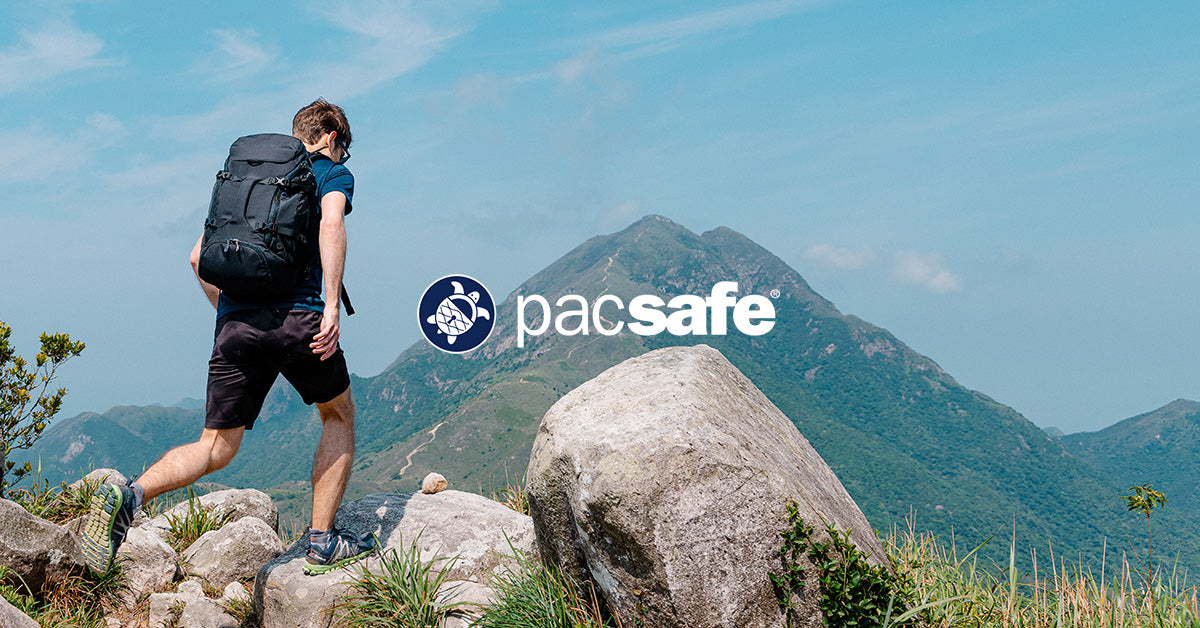I had been spending $2,000 each year for insurance but I decided that it was not a good return on my investment and changed my approach. I have different approaches depending on the level of risk and what gear I am taking to a location.
For areas in the USA where I drive with my pickup truck I have a two-drawer strongbox in the bed and it cannot be seen with the black curtains covering the windows of the fiberglass camper shell. A thief would need to attempt to break into the cab and unlock the tailgate and then face the tumbler locks on each drawer. I take the out of sight out of mind approach. This works well at trailheads or parking areas where a thief knows that a person leaving a vehicle is going to be away for an hour or for hours.
For short trips to a location I like to use a "pet bridge" that attaches to the front and rear seat headrests in the cab of the truck. This blocks from view anything on the floor of the cab and also makes a good shelf for coats and anything else. When we are taking backpacks with a single lens and camera this approach works very well.
For overseas travel I take a large Air Pelican case filled with our clothing for the flights and when we arrive at our first destination I transfer the clothing to duffle bags and then use the Pelican case as a strongbox for the room. Any thief would need to have a bolt cutter for the two locks or grab the entire case and run off with it. During the day we take our backpacks into any restaurant we might eat at.
The cargo box cost roughly $1,800 or about the cost of one year of photo gear insurance. It protects gear from theft but also from the elements and road dirt and dust.
The cargo two-drawer unit is held in place with 4 turnbuckles and so can be removed when not needed for travel. A problem I encountered with my SUV vehicles is that the strong boxes were designed to be bolted to the floor for permanent installations in law enforcement vehicles which negated my use of the cargo areas for other purposes. With the SUV the pet bridge was helpful but not a thief-proof soltuion.
Prt of my cost benefit logic is having gear stolem during a trip and even if covered by insurance I still lose the use of the equipment for the remainder of my trip. I look at the total cost of the trip and include air travel, car rental, lodging, guide fees, and food for the trip to have a total cost per day. Loss of a camera and super telephoto lens could result in thousands lost in travel costs for a trip.
You can only see EXIF info for this image if you are logged in.
You can only see EXIF info for this image if you are logged in.


